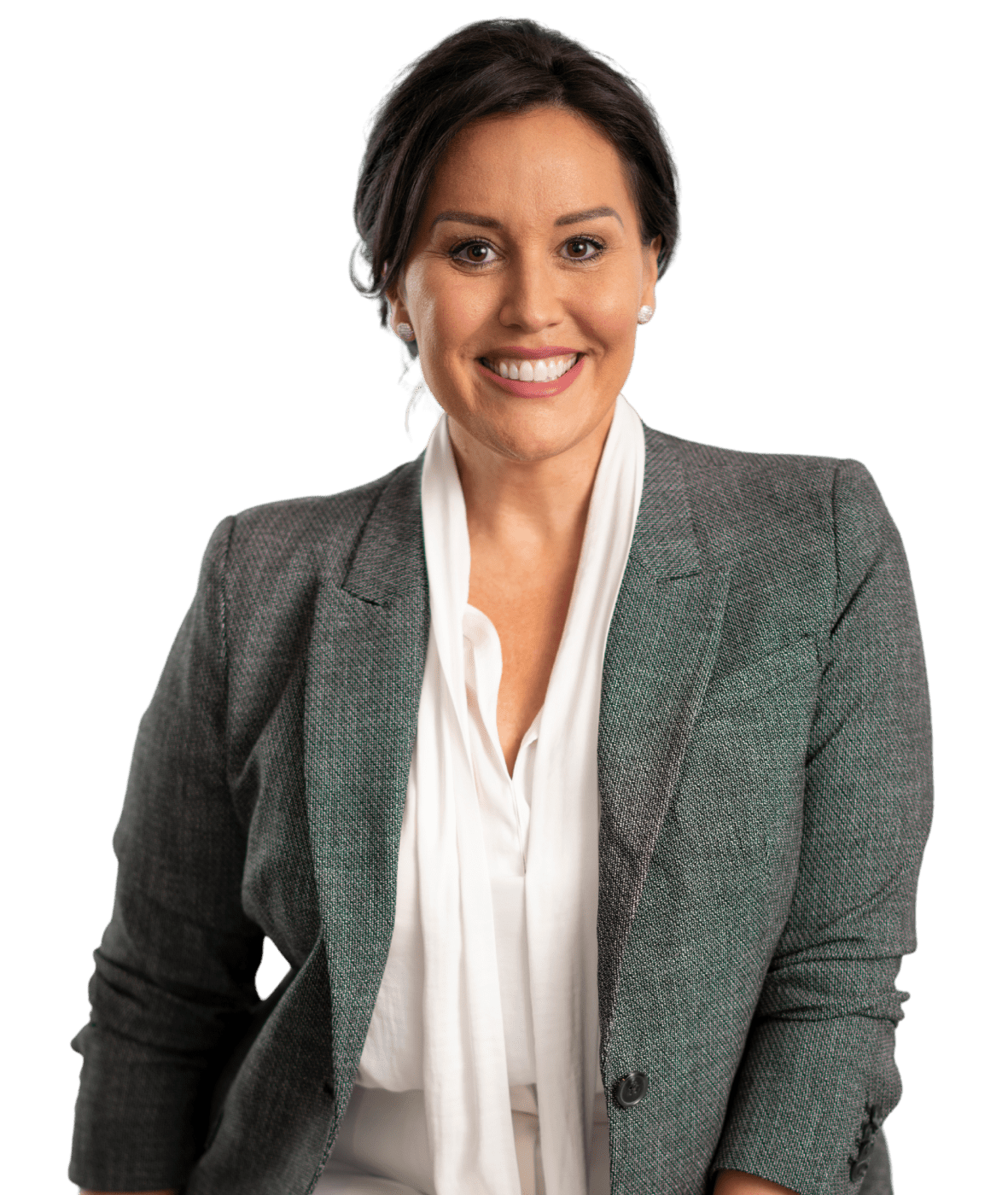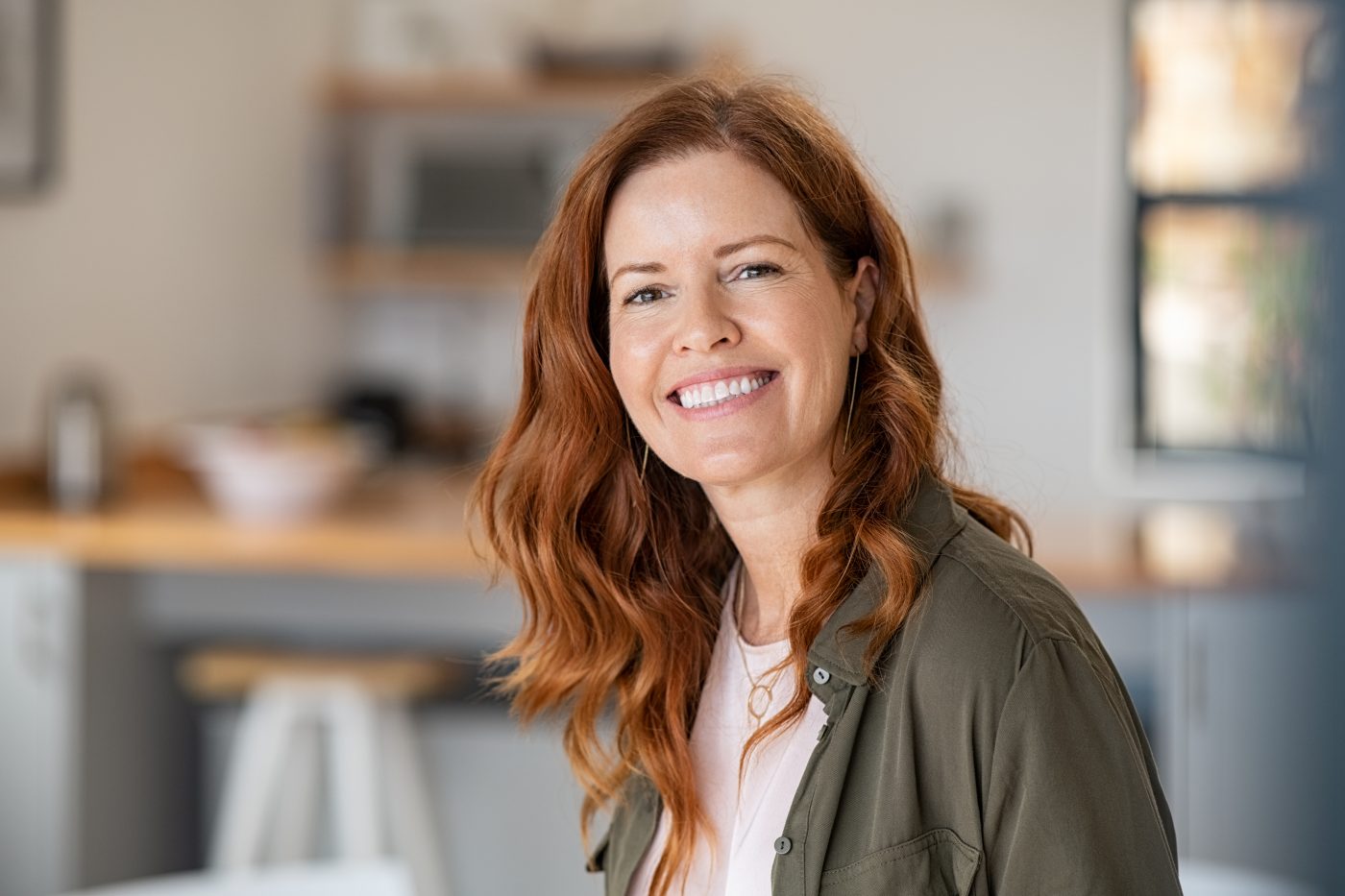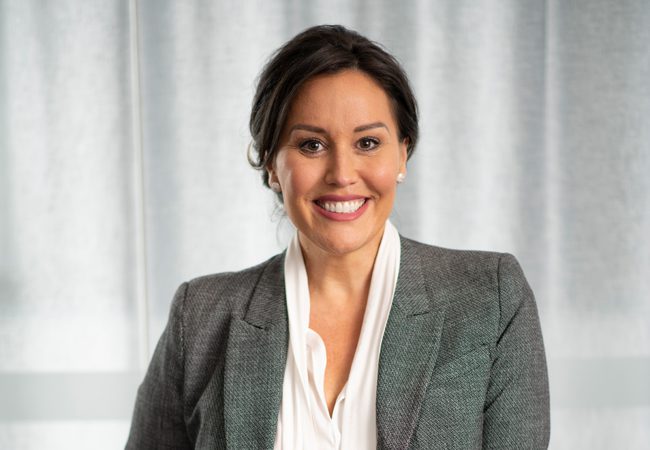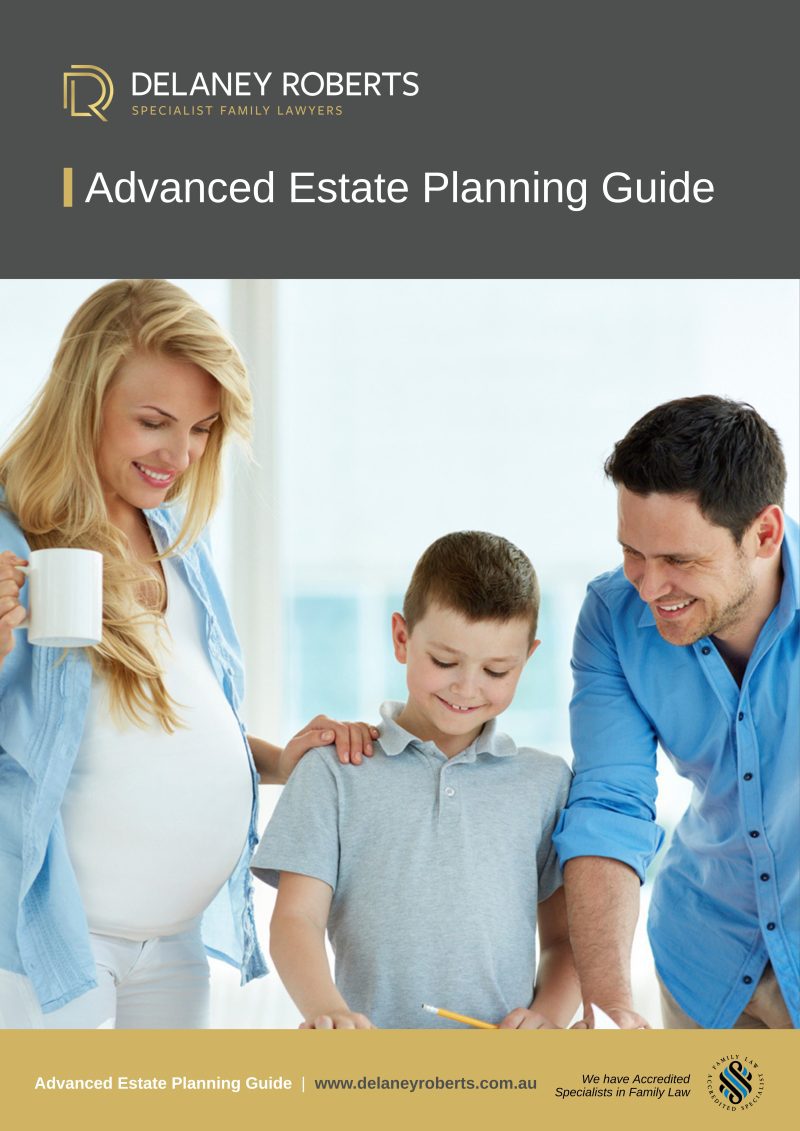Case Study One – What to do when your former partner wants you and your child to move to a different State.
Molly has left Perth to spend a year backpacking around the east coast of Australia. She meets Max in Sydney (Max’s hometown) and they start a relationship. Three (3) months later, Molly falls pregnant. Molly is anxious to return to Perth where her entire family and support network resides. Molly and Max decide to relocate to Perth by the time Molly is six (6) months pregnant to establish themselves permanently in preparation for the birth.
Molly sees her Obstetrician for the last time before they depart for Perth. The Obstetrician informs Molly that she cannot fly as she is at significant risk of deep vein thrombosis, posing a risk to herself and the baby. Molly regretfully remains in Sydney until after the birth of the baby when she is cleared to travel.
Molly and Max travel to Perth when the baby is eight (8) weeks old. After a week there, Max decides that he wants to return to live in Sydney and insists that Molly and the baby return with him. Molly refuses to return with him wanting to remain with her family. The relationship breaks down and they separate.
On Max’s return to Sydney, he starts Court proceedings for Molly and the baby’s return to Sydney. Max is initially successful and Interim Orders are made for Molly to return to Sydney, however, at final hearing, Molly’s Family Lawyer establishes to the Court that it would not be in the baby’s best interests to return to Sydney without her, as the baby’s primary attachment figure, and that she is unable to leave Perth due to her reliance on her support network there. Further, the Court is satisfied that the baby will continue a meaningful relationship with Max through frequents visits by Max to Perth, which he is readily able to afford.





















